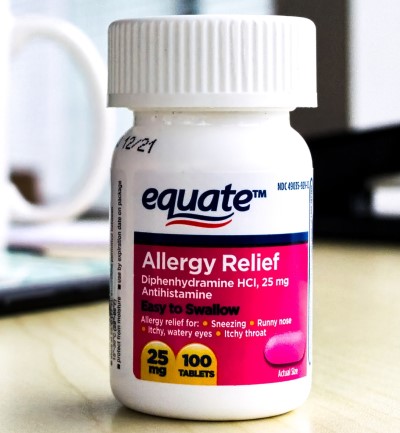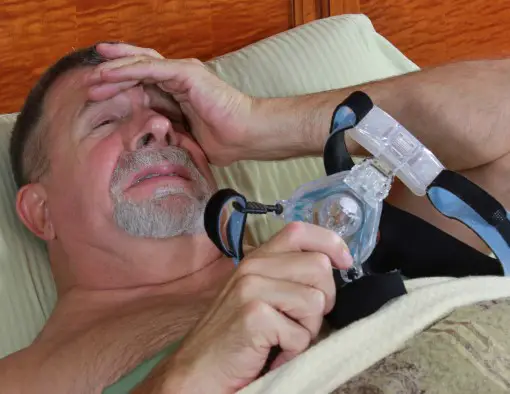
9 things to try for easier nights if you’re using CPAP with allergies
By Jason Wooden, PhD | October 30, 2022
Research suggests as many as 35% of sleep apnea patients struggle with allergies which can be challenging for CPAP users. Whether CPAP helps or worsens allergies likely depends on a number of factors including your specific health issues, your allergen exposure, and the cleanliness of your CPAP setup up. Fortunately, there are a variety of practical remedies that can make CPAP more manageable during an allergy flare up.
In this article, we’ll talk about:
1) Why it’s double the frustration
2) Hey, it’s more of a problem than you think
3) Can CPAP make allergies worse?
4) Why CPAP may help allergies
5) 9 Practical remedies worth a try
Why sticking with CPAP while fighting an allergy is so darn frustrating
If you’re frustrated and struggling with CPAP because of allergies, it’s understandable. After all, living with sleep apnea and CPAP therapy can be challenging enough.
Depending on what’s happening with your sleep apnea, you’re miserable by day and miserable by night.
While CPAP is one of the most effective treatments for sleep apnea, the truth is that least 50% of patients give up on it within the first year.
Among the most common complaints are the blowing air, machine noise, discomfit with the head gear, and in some cases panic attacks.
You’re certainly not the only one with allergies who’s having a tougher time with CPAP at night. Search online and you’ll find patients in various forums sharing their experiences and desperate for help.
The sneezing, stuffiness, watery eyes, and coughing are enough to make anyone miserable at night. Add this mix to CPAP and you’re talking double trouble for sleep apnea sufferers.
That’s going to make it even harder to settle down at night and comfortably breathe through a facemask.
It’s no surprise if there have been nights when you’ve had to ditch the mask,
I’m not sure where allergies rank among challenges for CPAP users. However, anything else that adds to the frustration is to be avoided.
Allergies are a problem in more than one way for CPAP users…
Would you believe that as many as 35% of sleep apnea patients deal with allergies?
Let’s talk about what it can do to your nights even if you don’t have sleep apnea.
First, there’s the sneezing, congestion, and runny noses.
Then there’s the itchy and watery eyes…
Who can sleep with all of that going on?
All those symptoms can make for miserable nights – it’s harder to fall asleep and stay asleep, you’re more likely to snore, and you’re more at risk for sleep disorders such as sleep apnea.
And just in time for hooking up to a CPAP machine!
Unfortunately, allergies can actually get worse at night.
It’s common for people to get more congested when laying down. Also, sleeping on your back encourages the flow of postnasal drip into the throat and can lead to more spells of coughing.
You may also be exposed to more allergens in your bedroom.
If allergies are making it harder to stick with your CPAP therapy, the stakes can get pretty high for untreated sleep apnea.
Besides waking up feeling miserable, the risks of untreated sleep apnea are pretty serious because it can increase your risk for life threatening health complications such as obesity, diabetes, and heart disease.
So, allergies really are a problem for the health and wellness of CPAP users in more than one way.
Can a CPAP machine make your allergies worse?
For starters, some people find that the blowing from the CPAP machine irritates their nasal passages and can aggravate an allergy. It’s also possible that left over fragrance from your weekly cleaning may set you off.
If for some reason you’re allergic to silicone, your face mask may cause a reaction since silicone is the most commonly used material for CPAP headgear.
Lastly, allergic reactions and sinus infections are known risks from a dirty CPAP machine.
So, is there any scientific evidence that CPAP can cause or worsen allergies?
One study compared the nasal symptoms of 350 patients on CPAP with 100 who declined it. Researchers found that over the course of several years and allergies were more common among CPAP users.
They thought that the increased risk for allergies might be from the accumulation of allergens in the CPAP machine.
Nonetheless, depending on situation and health issues, it is possible that using a CPAP machine could make allergies worse.
On the other hand, CPAP may actually help your allergies…
Did you know some people find that when using their CPAP machines their allergies aren’t as bad?
Look online and you’ll see sleep patients sharing how their symptoms improved once they started CPAP. They think it’s because they’re breathing CPAP filtered air during the night.
In fact, some also say their allergies only bother them after they turn off their CPAP machine in the morning and get up to start their day.
All the same, whether CPAP helps or worsens allergies likely depends on a number of factors including your specific health issues, allergens in your bedroom, and the cleanliness of your CPAP setup.
Keep in mind everyone’s body and situation is different.
9 Things to try for easier nights if you’re using CPAP with allergies
If you’re struggling with your CPAP therapy because of allergies, there’s hope.
Fortunately, there’s plenty you can do to reduce your risk for allergy flare ups at night and make CPAP more manageable when you are experiencing symptoms. Some of the remedies are pretty straightforward to try while others might require an investment of time or money.
What’s most important is to find something that works for you so that you can maintain your CPAP therapy and get the sleep your body needs.
Depending on your situation, you may want to try:
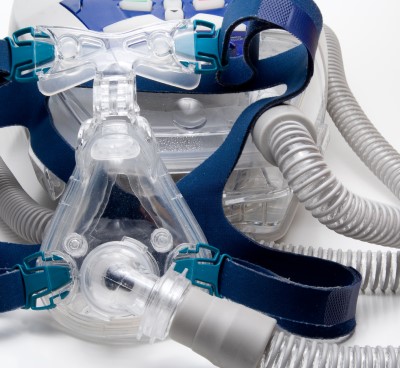
1) Regular cleanings
You don’t want your CPAP machine to be part of the problem. So, do everything you can to keep your CPAP setup from worsening allergic reactions and sinus infections.
The mask and hose is the perfect warm moist environment for breeding germs. If your CPAP machine isn’t being regularly cleaned, you could be exposing yourself to harmful bacteria, mold, viruses, and yeast.
Also, the mask and tubing can get dirty from snot and mucus.
Learn more:
How to Clean a CPAP Machine (Sleepfoundation.org)
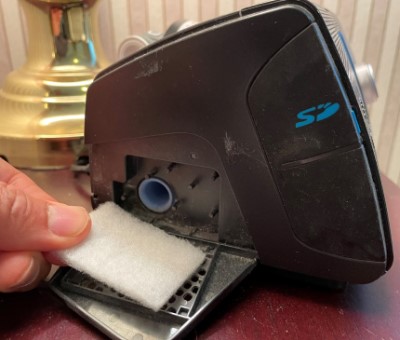
2) Regularly change your CPAP air filters
Make sure you’re replacing the air filters on your CPAP machine on a regular schedule. This will help prevent the accumulation of allergens in the system.
You may even want to switch to a higher grade hypoallergenic filter.
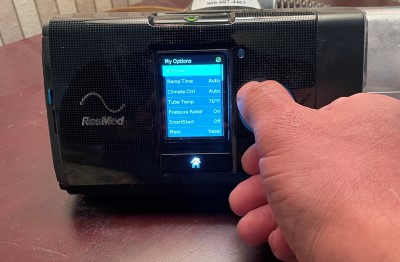
3) Adjust your CPAP humidity settings
Most CPAP machines humidify and warm the air.
If you aren’t already running your CPAP machine with the heated humidification, be sure to give this a try. It can help with nasal congestion and irritation.
If you already are, you made need to adjust it. Some people find that too much humidification causes congestion.
Your equipment provider can help with making the adjustments.
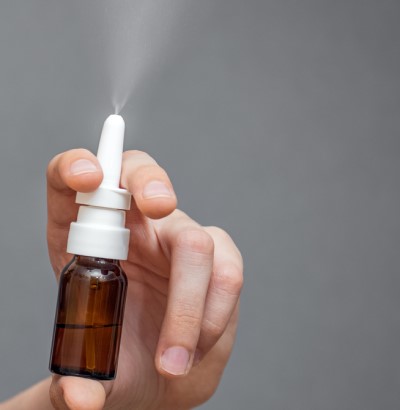
4) Rinse out your nose
A nasal rinse can help remove excess mucus and allergens that accumulated in your nose during the day.
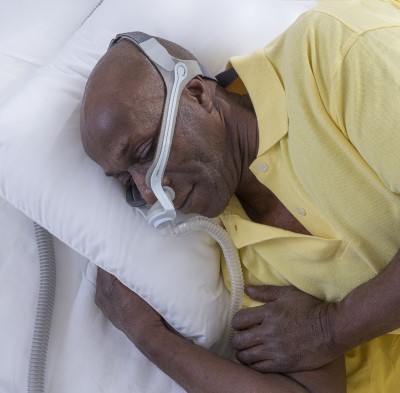
5) Change your sleep position
Propping your head up with an extra pillow may help your nasal passage drain. Likewise, some people find that sleeping on their side instead of the back helps clear the nose.
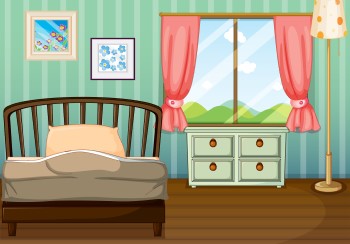
6) Allergy proof your bedroom
The best way to avoid allergy flareups while using CPAP is to minimize your exposure to allergens.
Here’s the list of things you can do:
Keep your carpets clean
Pretty obvious, vacuum your carpet frequently and steam clean it on a regular basis. Make sure your vacuum cleaner has a HEPA filter attached to it.
Remove the allergen traps
Even better, stick to bare surfaces such as a hardwood floor in your bedroom and other living spaces. You may want to get rid your upholstered furniture too.
Use an air purifier
Another way to cut down on allergens in your bedroom is to run an air purifier with a HEPA filter.
Wash your bedding more frequently
Try washing your bedding on hot cycle at least once a week if not more frequently.
Keep out other allergen sources
If you own a pet, keeping them out of the room may help make your allergies more manageable. Research has found that being allergic to dogs or cats may worsen ragweed allergies.
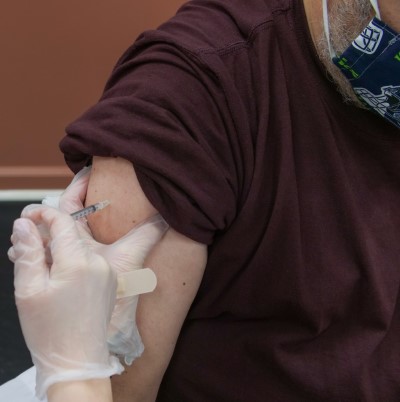
8) Allergy shots
Also known as allergy immunotherapy, a doctor can give you a specialized shots to train your immune system to react less to dog allergens.
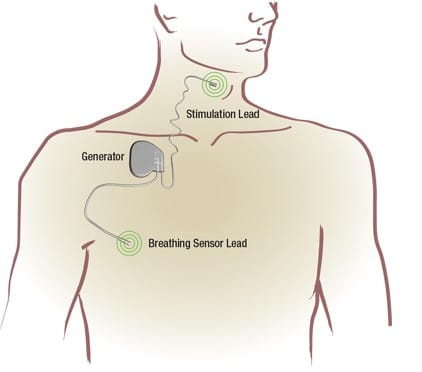
7) Try sleeping upright
If you’re still having a hard time with allergies and CPAP, it may be time to try a sleep apnea treatment that doesn’t involve a mask. There are now more alternatives than ever before.
You may also be interested in:
What to do after a bad CPAP night
SLEEPING WITH ALLERGIES:
How to take back your sleep from allergies
Are plants in bedroom bad for allergies
DEALING WITH OTHER CPAP ISSUES:
15 things to try if CPAP is stressing you out
9 things to try for CPAP panic attacks
What to try if you suspect CPAP is causing acne
CPAP made my cold worse: Getting sleep while dealing with a sore throat & other symptoms
COMPLICATIONS FOR SLEEP APNEA PATIENTS:
Sources:
1. Improving CPAP Adherence in Adults With Obstructive Sleep Apnea Syndrome: A Scoping Review of Motivational Interventions. Front Psychol. 2021 Aug 12;12:705364.
2. Association of allergic rhinitis with obstructive sleep apnea. Medicine (Baltimore). 2018 Dec; 97(51): e13783.
3. Top 10 Most Common CPAP Mask Problems and Discomfort (& How to Solve Them), 2015, AAST website
4. Can CPAP Make You Sick? Why You Need to Avoid Dirty CPAP Supplies, 2021, cpapsupplies.com
5. Effect of continuous positive airway pressure on allergic rhinitis in patients with obstructive sleep apnea–hypopnea syndrome. Ther Clin Risk Manag. 2018; 14: 1507–1513.
6. Pet allergies worsen hay fever symptoms, study finds, 2021, ScienceDaily
Connect with us:
About Us
Better Sleep Simplified® was founded as a place for you to get clear and well-researched information.
Our goal is to make sure you know about your options so that you take action sooner rather than later.
Check us out on YouTube:
Watch and Learn
Helpful sleep tips, interesting sleep facts and statistics you want to know about
Affiliate Disclosure
This site is a participant in the Amazon Services LLC Associates Program and other affiliate advertising programs designed to provide a means for sites to earn advertising fees by advertising and linking to them.
Important: BetterSleepSimplified.com is for informational purposes only and is not intended or implied to be a substitute for professional medical advice, diagnosis, or treatment. Always consult a physician for sleep and health concerns. See additional information.

